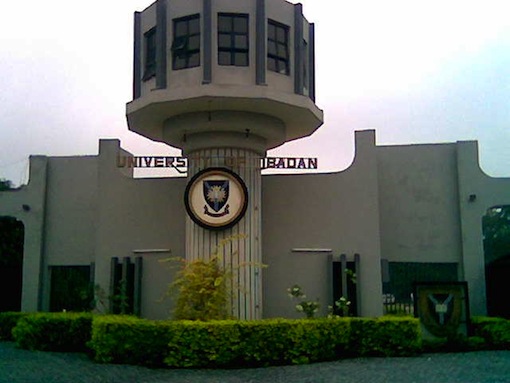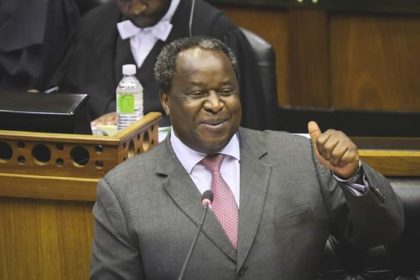By Adeyemi Adekunle
The University of Ibadan (UI) has been plunged into a fresh wave of student protests following the university governing council’s recent approval of a fee hike for the 2023/2024 academic session.
The demonstrations, which began in the early hours of Friday, August 30, were ignited by a circular issued on Thursday by the council’s secretary, G.O. Saliu, confirming the fee increase.
According to the circular made available Lens AfricaTV gathered that the council, after a meeting on Thursday, approved the “reviewed schedule of levies for newly admitted and returning undergraduate students,” as recommended by the university’s Senate.
The statement urged students who had not yet completed their registration to do so by September 4, 2024, to facilitate the preparation of the first semester examination lists.
The university’s administration has justified the fee increase, citing Nigeria’s challenging economic environment as the primary reason. The council encouraged students to take advantage of the Federal Government’s student loan program and other scholarships offered by the university and various philanthropists to alleviate the financial burden. However, these explanations have done little to quell the anger and frustration among the student body.
By midnight on Friday, hundreds of students had mobilized, pouring out of their hostels and flooding the campus in protest. One student was overheard taunting those who had not yet joined the protest, saying, “You have not paid your school fees, and you’re sleeping?”
This latest protest follows a series of actions taken by the students to express their dissatisfaction with the university’s financial policies. In May, a protest against an earlier fee hike led to three students facing a disciplinary panel in July. The students—Olamide Gbadegeshin from the Institute of African Studies, Aduwo Ayodele from the History Department, and Nice Linus, a female student—were accused of instigating unrest on campus.
The controversy over the fee hike has not been limited to the university’s grounds. In April, the National Association of Nigerian Students (NANS) publicly condemned the increase, describing it as “outrageous” and “unacceptable.” NANS Public Relations Officer Victor Igbudu stated that the new fees, ranging from N230,000 to N412,000, would place an unbearable financial burden on families already struggling with economic challenges.
Amid the protests, there is growing concern about the potential for escalation, especially with the first semester examinations just around the corner. The students are demanding an immediate reversal of the fee hike, while the university administration remains firm in its stance, citing economic necessity.
The ongoing unrest at UI reflects broader concerns across Nigeria’s higher education sector, where students and families are grappling with rising costs amid worsening economic conditions. As the situation develops, all eyes will be on the university administration and student leaders to see if a compromise can be reached before the academic calendar is further disrupted.




